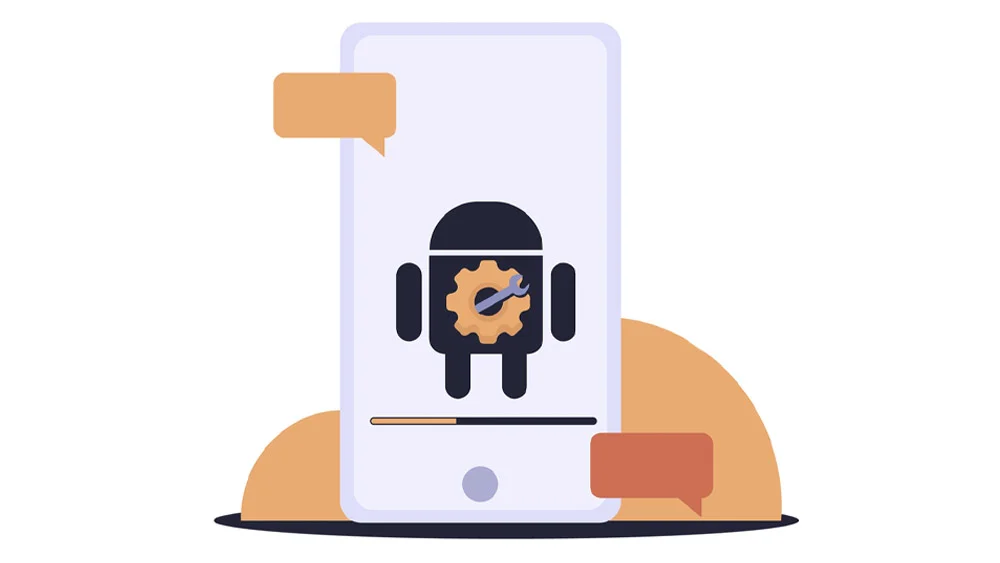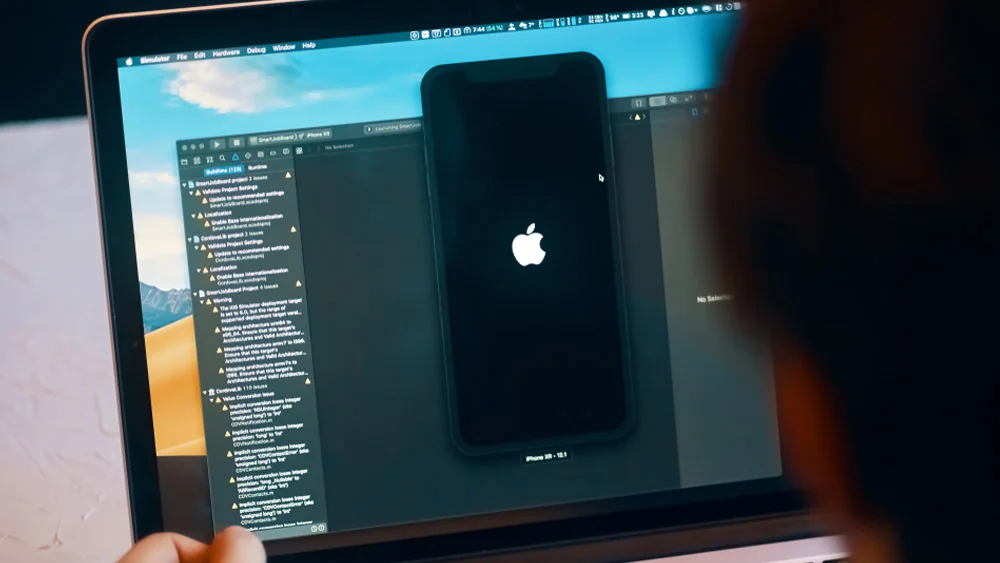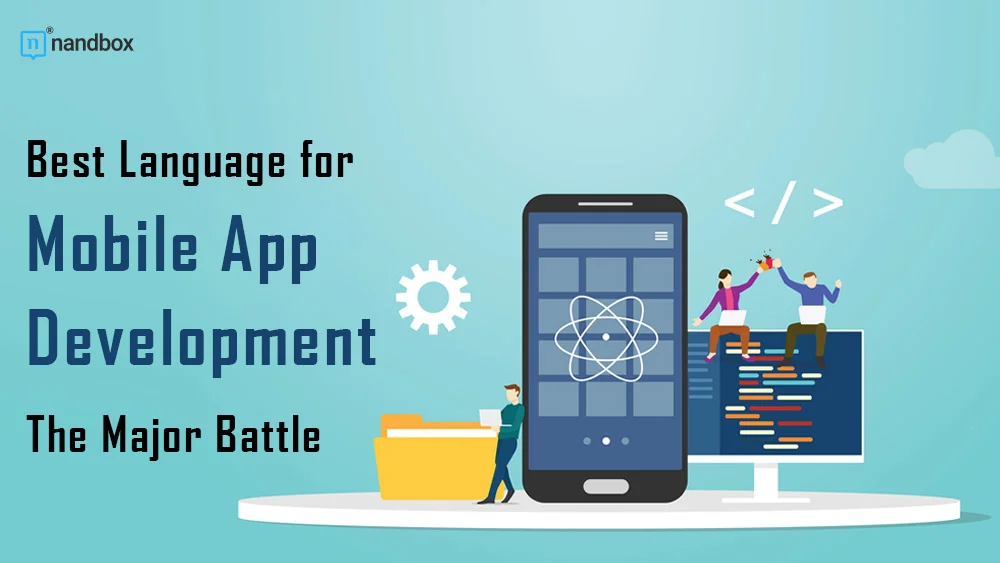Comparing the Best Languages for Mobile App Development
There are many questions that come to people's minds when they think about apps. One of the questions would be for instance, how are apps made or what are they made out of? These, along with other questions, are very common and logical to come to anyone’s mind given that what people know about app development is very little compared to what actually goes on. One thing that people might be unaware of in this process is programming languages. Individuals, aside from developers and tech enthusiasts, know how significant these languages are for app development. But, no worries, in this guide we will address all the questions that would come to someone's mind when they intend to learn about programming languages. This guide will contain detailed answers to questions like how programming languages work and what the best language is for mobile app development.
Question One: What Do Applications Mean to Businesses and Individuals?
Although the first question we will answer may seem like it has nothing to do with programming languages. However, they are actually greatly related and would help demonstrate the whole idea of programming languages later on. Well, the answer to this question is not hard, as we pretty much know what applications mean to us as individuals. Applications were and still are one of the greatest technologies of the last century. Although there are many emerging technologies that we wouldn't have ever imagined, apps still have a pivotal role in changing the tech world. For individuals, application made matters better and contributed to transforming various aspects. As an example, we wouldn't have ever imagined that we could see a historical place from the comfort of our homes using applications powered by exceptional augmented reality technology.
As per businesses, the situation is much bigger and broader. Applications were turning points for all businesses and industries and helped streamline and even transform business operations. They helped many industries expand and explore more capabilities that wouldn’t have been possible with advanced technologies. To further understand the impact, let us explore some benefits that applications have for both parties.
Benefits of Applications for Individuals and Businesses
For Individuals
Information Access and Learning
A plethora of information and educational resources can be accessed through applications. There are many different ways that people can learn new things, but one of the most practical and adaptable is through educational applications, e-books, and games. Thanks to this information accessibility, individuals can learn continuously, no matter where they are or what time of day it is. One example is language learning applications, which let users learn a new language whenever and wherever they like with interactive courses, quizzes, and real-time feedback.
Improved Communication
The way people communicate and engage with one another has been completely transformed by apps. Social media, video conferencing, and messaging apps all make it easy to communicate instantly, regardless of where you are. By allowing users to maintain connections with literally everyone, these apps promote bonding and teamwork. To facilitate effective communication regardless of physical distance, video conferencing applications like Zoom or Microsoft Teams have become indispensable for remote work and online conferences.
Entertainment and Stress Relief
A wide variety of entertainment options, such as social media apps, gaming apps, and OTT and streaming services, are available through applications. These apps help people unwind and ease pressure, so they can enjoy their free time without any worries. Customized entertainment experiences become possible through the use of personalized content recommendations offered by OTT apps like Netflix.
For Businesses:
Cost Savings Through Automation'

Automation, reduced manual work, and error prevention are three ways in which apps help businesses save money. By automating mundane but necessary processes, including data entry, billing, and inventory management, businesses free up employees to concentrate on higher-order, more strategic endeavors. To illustrate the point, financial apps facilitate many operations like the automation of monetary transactions and the generation of reports. This helps businesses elevate operational efficiency, reduce labor expenses, and improve resource allocation.
Agile and Flexible Operations
With the help of applications, businesses may implement operational models that are both agile and flexible, letting them respond swiftly to changes in the market. For instance, cloud-based apps provide scalability and flexibility, letting businesses increase or decrease their operations according to demand. This helps businesses become able to adapt quickly to stay ahead of shifts in the market and evolving customer tastes.
Question Two: What Do Programming Languages Mean for App Development?
Now that we have discussed what applications mean for businesses and individuals, it is time to dig deeper. What do you think programming languages mean for applications? Anyone with common knowledge knows that they mean a lot, but why? Let us start by saying that programming languages are the heart and foundation of any application. You can simply build a house without a strong foundation, and you can’t do the same with applications. Everything regarding a programming language impacts the whole development process, from the type to compatibility and many other factors.
Programming languages are what define and establish all the components of a mobile app. So, to create a feature, you have to direct the application to follow a certain set of demands. To do so, you have to craft the best way you can direct the application to do so. Here, the programming language would serve as an intermediary or a meeting point between developers and machines.
Question Three: What Does It Take to Use a Programming Language Effectively for App Development?
Moving on to the next question! If you think about it, it might be easy to settle on the best language for app development, but is it easy to use it efficiently and effectively? Well, using a programming language, even if it was the best language for app development, is quite challenging. This is because there are many factors that impact the whole process of doing so. Without further ado, let us explore a few.
Understanding the Language's Paradigm and Features
A thorough familiarity with the concept and features of the language is essential for efficient app development. Procedural, object-oriented, and functional programming languages are only a few examples of the many that exist. For developers to fully utilize the language's strengths, they must master these concepts and types. Also, developers can build efficient and maintainable code if they know the language inside and out, including all of its features, libraries, and so on. For example, knowing how to apply design patterns, make use of built-in databases, and make use of optimizations specific to the language can have a huge influence on the application's performance and scalability.
Ecosystem and Tooling
The programming language's environment and the availability of powerful development tools have a significant impact on app development productivity and efficiency. A vast ecosystem includes third-party connectors, libraries, and frameworks that simplify development. By making use of pre-built solutions, developers can save time and effort while implementing common features. Furthermore, having access to robust IDEs, debugging and testing tools improves the development process as a whole. Developers should be able to use a wide range of tools and resources to construct flexible, safe, and feature-rich applications with the help of a mature and well-maintained ecosystem for an effective programming language.
Question Four: What is the Best Language to Choose For Either iOS or Android App Development?
Now for the fun part and question: what is the best language someone could use for app development? As we all know, programming languages for Android differ significantly from programming languages for iOS. This is why we will tackle and compare the best languages for both.
The Best Language for Android Mobile App Development

Let us start first with Android. There is a plethora of best programming languages used for Android mobile app development, given the huge demand for the platform. However, there are two languages that are the main choice for app developers. which are Java and Kotlin.
Java has been the best programming language for Android mobile app development for quite some time and is widely known among developers. What makes Java special is, of course, being trusted by major companies and applications, given that it is the main programming language for Android. In addition, it is platform-independent. This means that whenever a developer writes using the Java language, he can then run the code on any device. Lastly, the large and vibrant Java programming community means a plethora of tools, frameworks, and resources are provided for Android development. Resources such as comprehensive documentation, tutorials, and forums are available to developers where they can seek knowledge.
Although Kotlin may differ from Java in the presence of a vast and rich community, it also excels and is featured as the best language for mobile app development for multiple reasons. So, for instance, Koltin has a more clear and easy formula or syntax. This means that the three codes required for Java can be written on one line for Kotlin.
Kotlin also has the advantage of being completely compatible with Java. Because of this, developers can easily switch between using Kotlin and Java, and vice versa. This compatibility is vital for developers to easily switch to Kotlin or utilize both languages simultaneously in a single project, allowing for progressive adoption of the language.
The Best Language for iOS App Development

Now that we are done with Android, let us move to iOS. And we will compare the two mega languages, which are Swift and C#.
Swift is truly considered the best language for iOS mobile app development and it is probably the main language for all the iOS apps we use and love. Apparently, all Swifts are great! What makes Swift absolutely favored by the whole iOS development community is its safety and security. Swift puts a great emphasis on security, given that it is a paramount factor for iOS development. Another pro is that Swift is compatible with all iOS devices, so whatever new device Apple comes up with is completely compatible with Swift. This makes developers’’ jobs much easier when creating apps for different iOS devices.
Another best language for iOS mobile app development is C#. Although it is not as new as Swift and dates back to 24 years, C# is still favored by any iOS developer. C# is very rich and comes with an extensive library of features and functions that make any app development process easy and seamless. In addition, it is very easy to use and a developer wouldn’t have any trouble dealing with it. So, beginners would be able to utilize it swiftly.
